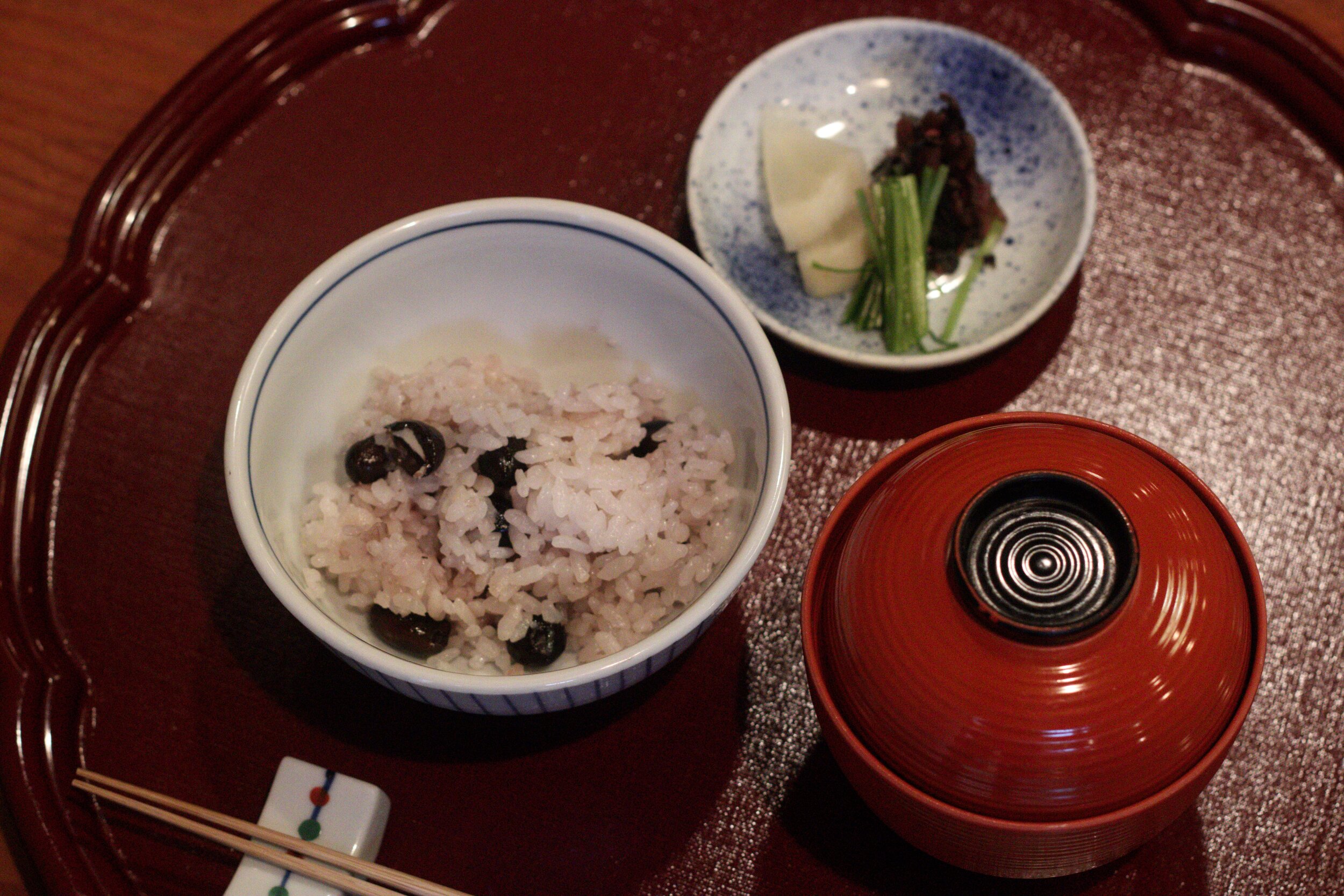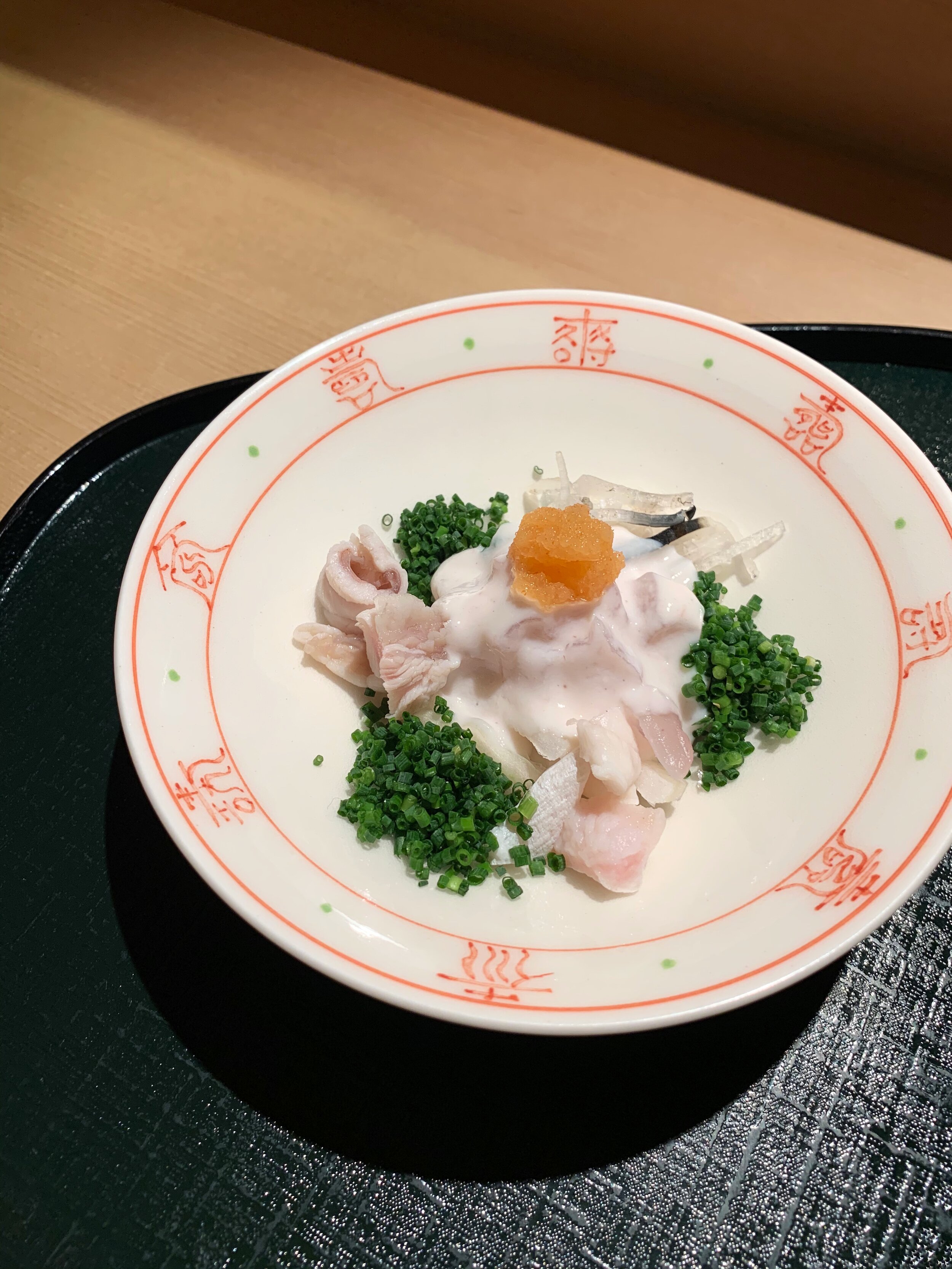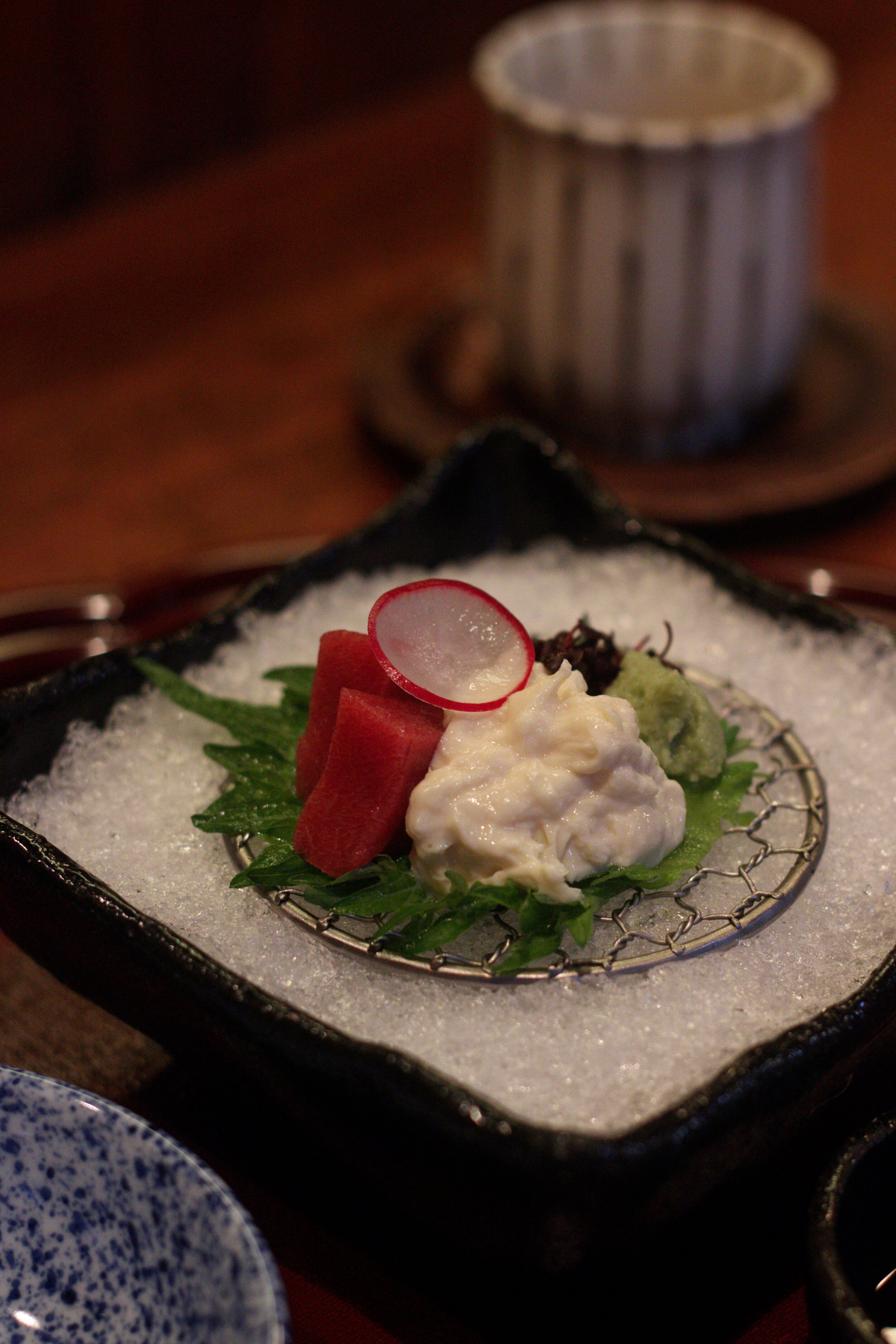2021 Unplugged Travel Experience
/Our first trip in 2021 was an “unplugged” one to Shiga. For most families in Japan, New Year’s Eve is a night of solemn gratitude and reflection for all that has happened in this past year. Instead of the flamboyant fireworks and spirited countdown, Japanese relish time with loved ones and approach the new year with hope and prayers. As the New Year festivities around the world became more toned down this year, we found it an opportune time to say goodbye to 2020 quietly, and furthermore make this an “unplugged trip”, to truly immerse ourselves in the streets of Shiga, appreciate the culture, and enjoy the company of one another.
We made a few rules, such as only emergency cell phone use. We could use our phones to talk/FaceTime with family, or if we get lost for more than 30 minutes (good thing our rental car came equipped with GPS), and we can’t take pictures when we are sightseeing. UN almost convinced me to not even use my camera, but taking pictures of food before meal has become a part of my life (for self-improvement purposes obviously!)
Prior Planning
Because we couldn’t use our cell phone to Google search, so we needed to plan everything out and write them down.
Meeting New Friends
I’m usually on my phone when I’m waiting and sitting at the hotel lobby, scrolling through social media and browsing news, but without my phone, I could only look around me. For this reason, we started striking up interesting conversations with the ryokan staff and other ryokan guests.
Clearly list out “no cell phone use” rules
The best way to do this is leaving our phones inside the lockbox in our ryokan room. But we still needed to write out the rules.
Bring paper and pen
Not having a cell phone is equivalent to the feeling of hunger, my brain just comes up with a million things that I need to remember to do. Having paper and pen allows me to jot down my thoughts and cross off my to-do list.
Focus on the travel and slow living
The few days that I was without my phone, life seemed slower, and yet lighter at the same time. Especially when I didn’t stress to “check in” at every place we visited. The surprise adventures that occurred when we got lost (and yes we got lost quite a few times). The only urge to use my phone came whenever I was eating delicious foods.
At the beginning of our trip, we felt like an “unplugged trip” would be easier said than done, since cell phones are now a huge part of everyday life. This is true especially when we desperately try to look up places to go. But our detour in the winding streets of rural Japan, meeting other Taiwanese living in Japan, conversing with vendors and restaurant owners in our broken Japanese, these are experiences that wouldn’t have been possible if we let our faces be glued to our phones.
Chinese Translation
2021年第一場旅行,我們以”不用手機”的方式在滋賀縣玩。許多日本家庭在除夕夜這晚,會一起回顧這一年來值得感恩的事情。與其在絢爛的煙花下倒數,日本人會和家人一起團聚過新年,期許新的一年有好的開始。尤其是疫情關係,許多國家都以比較低調的方式來慶祝新年,我們也利用這個機會與2020說再見,展開在滋賀縣平穩又安靜的2021年”不用手機”旅行,讓我們能好好體驗當地特色,也能和UN一起約會旅行!
我們訂了一些規則,像是除非緊急狀況都不能用手機、唯獨和家人通話、迷路超過30分鐘(好險車上有GPS),還有到景點時不能拍照。UN原本想更狠一點,連相機都不用,但吃飯前拍照已經是生活一部份了啊(至少回家後我能學習餐廳裡的食物)!
先前規劃
因為無法隨時打開手機查景點,先把行程大致列好是非常重要的。可以把一些想去的路線圖大致記一下,確保不會因找不到點而放棄開始用手機。
認識朋友
平時一人坐在旅館大廳時一定會拿起手機滑幾下,可能是看一下社群網站或是上網讀新聞,但這次只能看書或東張西望。也因這個原因,我們認識旅館工作人員。
清楚列出”不用手機”規則
其實最棒的方法是把手機留在房間裡別拿出來!為了防止賴皮,規則當然要列出來。
準備紙筆
沒帶手機的焦慮像是肚子餓想吃東西,頭腦出現幾百樣代辦事項。紙筆備好,把待辦事項和頭腦閃過去的靈感寫下來。
專心旅行、慢生活
不知道為什麼不用手機的這幾天,生活步調變慢也變得輕快。尤其是到每個景點不會逼自己一定要哪個地方打卡照相深怕遺漏一些地方。迷路時走在鄉間小路絕對是旅途中最棒的驚喜。但吃到好吃食物時,我好想拿出手機紀錄過程(忍住忍住)。
旅行一開始覺得做比說難,畢竟手機已成為生活一部分。尤其是想上網找景點時特別想放棄,但能和UN一起迷路找餐廳(日本小巷好美)、路上遇到台灣人幫忙(不需拿出翻譯app)、店家熱情招待我們(帶我們到想去景點),這些經驗都是用手機無法遇到的。




























